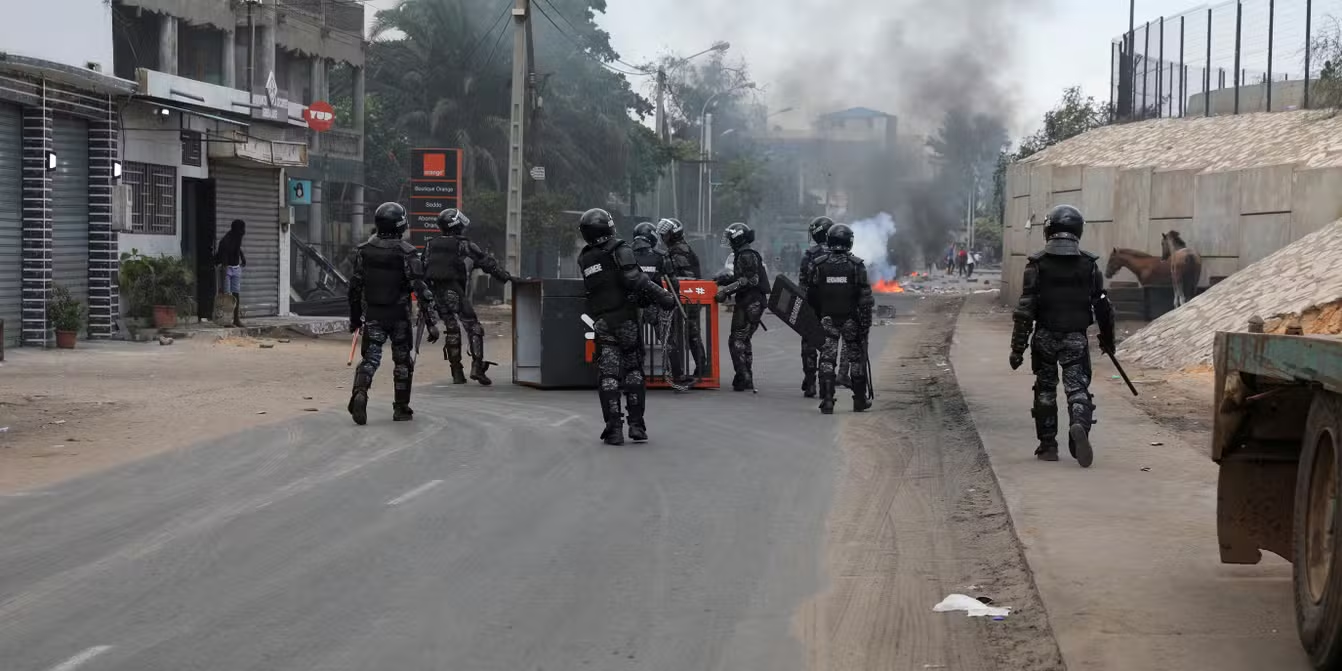
Senegal’s Minister of Justice has issued a formal commitment to address alleged human rights violations committed during political unrest between February 2021 and March 2024 — a period that saw dozens killed and thousands more injured or detained.
Pape Abdoulaye Touré, founder of the Zero Impunity Initiative (IZI), met Prime Minister Amadou Ba for what he described as a “frank and useful” exchange.
His primary demand was for concrete judicial action against those responsible for violence during the protests, which Amnesty International says left at least 65 people dead — many from gunfire — nearly 1,000 injured, and about 2,000 arrested.
Since that meeting, victims’ families and the wider public have been awaiting signs of judicial progress.
In a letter dated 1 August, the Justice Minister confirmed he had received Mr Touré’s open letter, sent via the Chief of Staff to the President, on behalf of the victims. He said he had contacted the Attorney General at the Dakar Court of Appeal, instructing him to initiate proceedings on “the ten facts” outlined in the correspondence.
The response — published by Mr Touré — is among the first written acknowledgements from the ministry signalling intent to follow up on months of appeals. While details of the specific cases remain undisclosed, the message is clear: procedural steps are said to have begun.
Rights advocates see this as potentially significant in a climate marked by years of political repression and mistrust toward state institutions. However, the critical question remains whether these proceedings will result in actual indictments or remain indefinitely unresolved.
For bereaved families, the stakes are deeply personal. They stress that Amnesty International’s figures represent more than just statistics — each number reflects a life cut short and relatives still demanding justice. As one IZI statement put it, the ultimate goal is to ensure that “the cycle of impunity” is finally broken.



